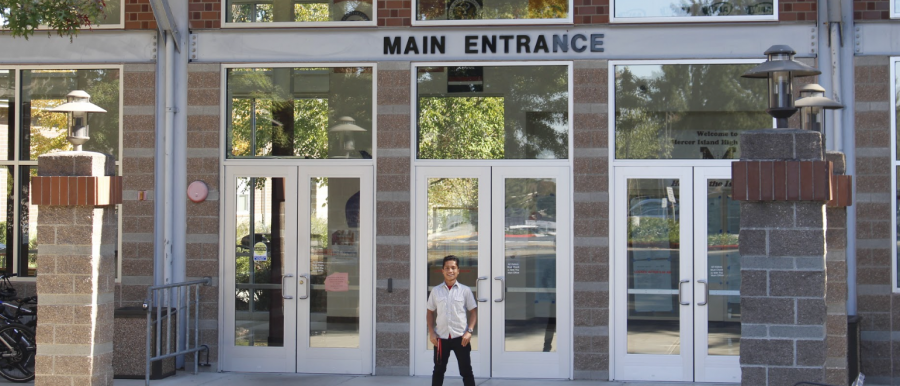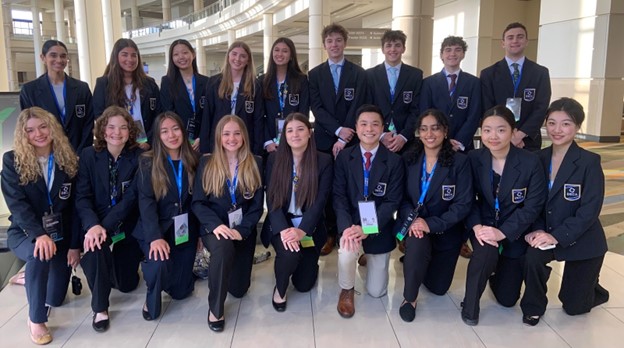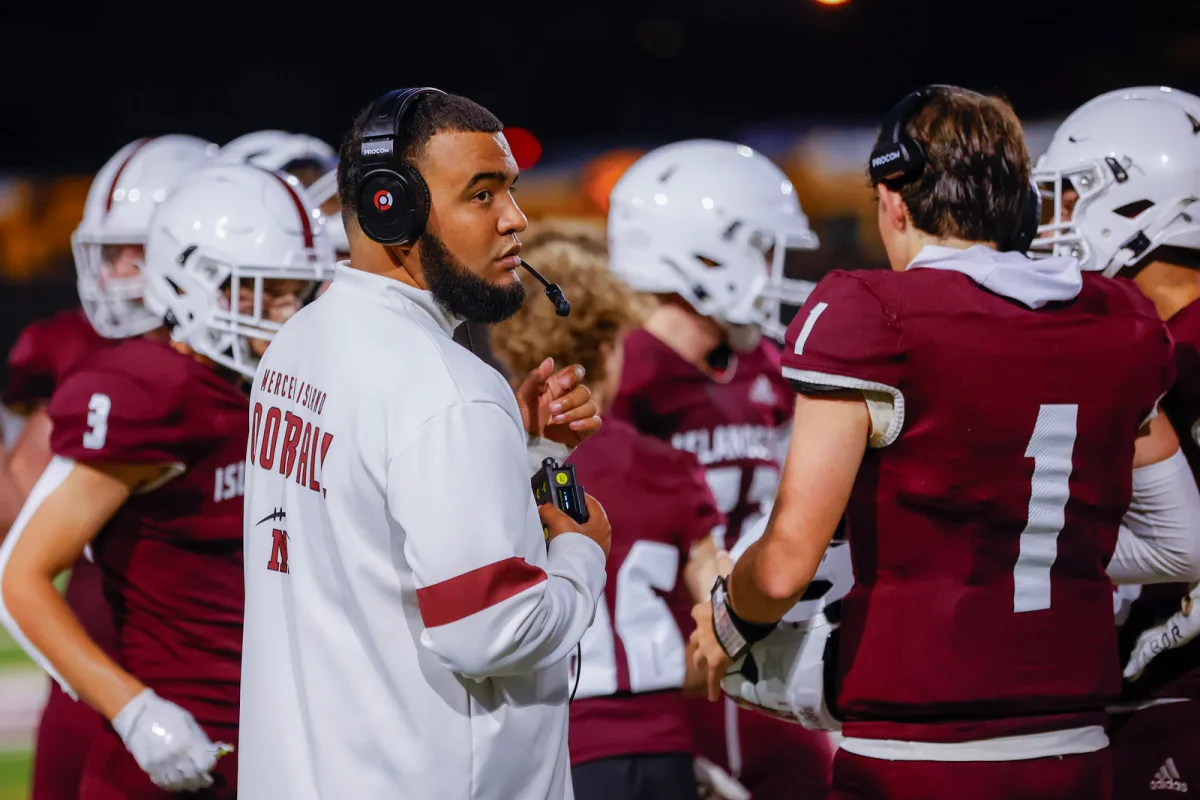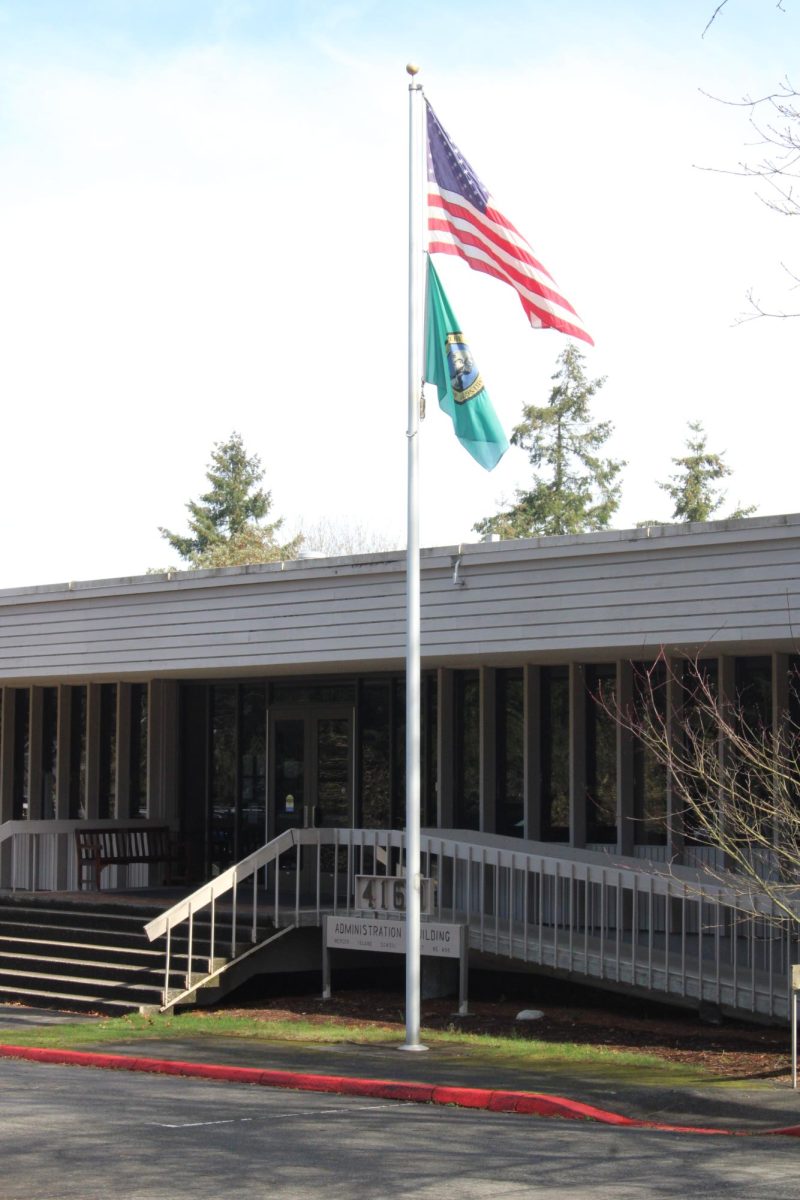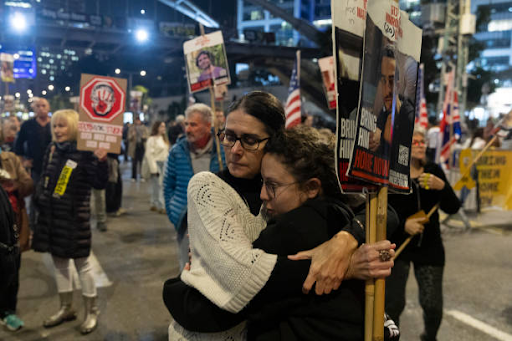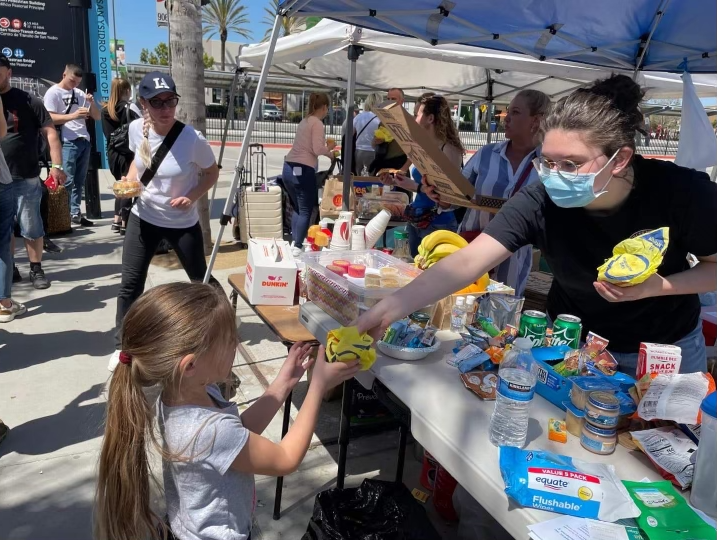By Hannah Whobrey
Like many students on Mercer Island, 16-year-old Mohamad Imran is new to the city. However, unlike most Mercer Island students, Imran came to America last year as a refugee, hoping to escape the brutal ethnic genocide against Rohingya Muslims in his home country, Myanmar.
Situated in Southeast Asia, Myanmar’s people are in the midst of a crisis. Previously known as Burma, Myanmar gained independence from colonial England in 1948, and was briefly democratic, until a military coup in 1962 installed a dictatorship. Despite electing a new leader, Aung San Suu Kyi, in 2010, the military still holds most of the power in Myanmar.
Conflict in the country flares often, due to Myanmar’s diverse population. There are many minority groups living in Myanmar, and sadly persecution is common. Today, Rohingya Muslims are widely hated throughout the country, as many Burmese people are convinced that Rohingya Muslims are illegal immigrants from Bangladesh.
“The Burmese government don’t give any documents. They say that these people are not Myanmar people, these people are Bengali,” Imran, who is a Rohingya Muslim, explained. “I was born in Burma; my grandparents were born in Burma. All Rohingyas were born in Burma, originating for a hundred, hundred centuries.”
Unfortunately, in 2012, the Burmese military began targeting Rohingya communities such as Imran’s. “All the students went to school, and the Burmese military came in, and they used bombs on anything. During prayer time, all the men went to mass, and someone used a bomb. Everyone was killed there,” Imran remembered. “In June, ten religious teachers were killed by the Burmese military.”
“It was a very bad situation in Burma, so many children moved to another country, because here, school was no good.”
Imran escaped to Thailand, where he lived in the jungle for many months. “There were so many animals, eating people. So many people died in the rivers,” Imran said.
From Thailand, Imran fled to Malaysia, where he was imprisoned. “In Malaysia, the police checked my passport. I had no passport, so the Malaysian police imprisoned me for one year,” Imran said. Myanmar abolished citizenship for all Rohingya Muslims in 1982, so Imran is not eligible for a Burmese passport.
“We had no shower, no water for a shower. The guard would give me food once a day: one small fish and a little bit of rice,” Imran described. “There were other kids – some were older than me, some were younger than me, some were the same age. And so many Rohingya people.”
In prison, Imran learned to speak a variety of languages. “I speak five languages fluently: Bengali, Hindi, Rohingya, and Indonesian,” Imran recalled. “I spoke no English before. I learned it all in the US.”
Eventually, Imran found a way out of prison through the United Nations. “He, at 15, sought refugee status in Malaysia,” Christine Kenyon, Imran’s foster mom, said. “He had to work really hard. [It was] probably a good nine months before he was granted approval to resettle.”
Imran came to America as a refugee in late 2016, joining Mercer Island High School as a freshman. “The US government gave me a green card. I felt very, very happy,” Imran said.
Ten months later, Imran has settled down happily on Mercer Island. “School is very good. I like school, I like Mercer Island students … I like everything!” Imran said. “My hobby is playing soccer. I like track. I like reading, I like to read the Harry Potter books!”
“He was so excited to come back from summer,” said Aaron Tomaselli, a close friend of Imran’s. “Yeah, school is my favorite,” Imran added.
Thankfully, Imran has managed to stay in touch with his mom, dad, and three siblings, who recently moved to Bangladesh to escape the increasingly horrific conditions in Myanmar. “I call twice a week,” Imran said. “I’d like to see them after college.” However, Imran has also connected with his American family. “I love my foster mom and brother very much,” he said.
The feeling is mutual. “He is absolutely friendly, kind, [and] generous,” Kenyon said. “He has a really strong character. He’s optimistic! And he also has a ton of resilience. He’s an incredibly resilient kid, and has to be resilient all the time. Even now, even though he’s safe now. He worries for his family.”
Over the summer, violence in Myanmar surged dramatically, causing over half a million people to flee Myanmar for Bangladesh since late August. “The situation seems a textbook example of ethnic cleansing,” said Zeid Ra’ad al-Hussein, the United Nations’ high commissioner for human rights, as reported by The New York Times. Ethnic cleansing refers to the mass expulsion or murder of unwanted ethnic or religious groups in a society.
Some reports have directly attributed the murder of Rohingya people to Myanmar’s leader, Aung San Suu Kyi. “Her policies are killing Rohingya people,” Imran said. In spite of Nobel Peace Prize winner Aung San Suu Kyi’s global reputation as an inspirational champion for the people, the leader has denied that there is a problem. “She’s lying,” Imran asserted.
Many would agree with him. Across the globe, people are calling on Aung San Suu Kyi to take action, including fellow Nobel Laureate Malala Yousafzai, and singer-activist Bob Geldof. The cities of Oxford and Glasgow have retracted honors previously awarded to Aung San Suu Kyi until she provides protection her people and fulfills her responsibility to Rohingya Muslims as their nation’s leader.
Imran believes deeply in the importance of tolerance and acceptance for all. On Sunday, September 24, he attended a protest in Portland, Oregon, organized by Oregon United for Rohingya, which called for an end to the genocide. “[I support] no genocide: Hindu, Christian, Muslim, any religion. No genocide in all the world,” Imran said. “Maybe the US government can talk to the police about not killing Rohingya people. I’d like to help the many refugees in Burma. Rohingya people move to Bangladesh, and have no food or money. I’d like to help get money to give.”
“Please support the Rohingya people,” Imran emphasized.
Students interested in getting involved are encouraged to contact the following organizations: the United Nations, Peace Insight, Refugees Northwest, Oregon United for Rohingya, BMSA Network, and Seattle Burma Roundtable. “Forced to Flee” by Erika Berg, a local author, also details options for action. Students are also welcome to take action against the ethnic cleansing in Burma by writing to our U.S. Senators, Secretary of State Rex Tillerson, and U.S. Ambassador to Burma Scot Marciel during both lunches on Thursday, October 26 in Room 301.
Hannah Whobrey contributed to this article.


